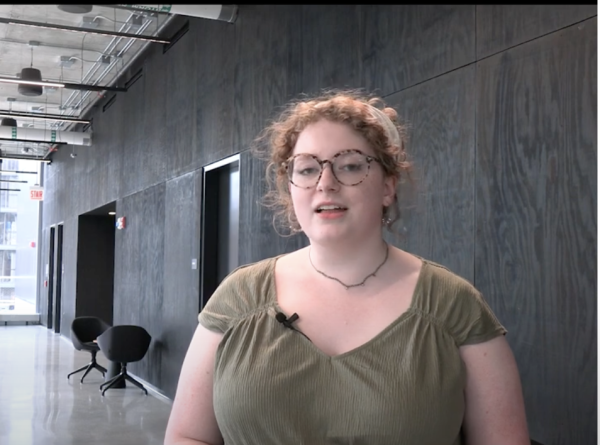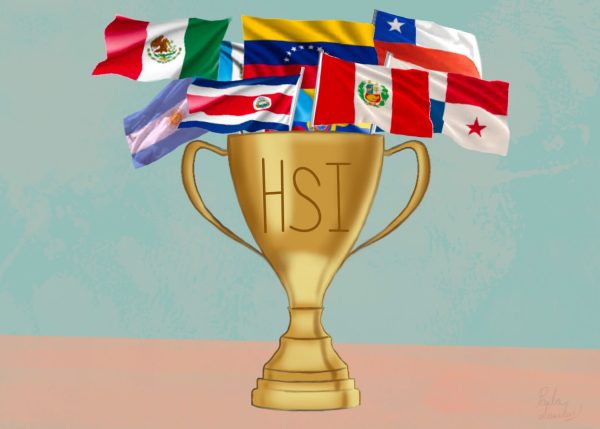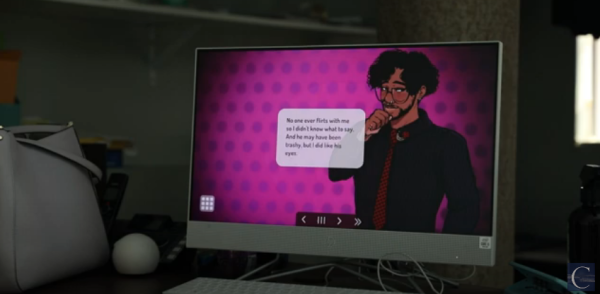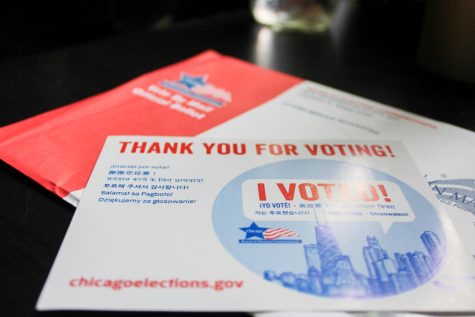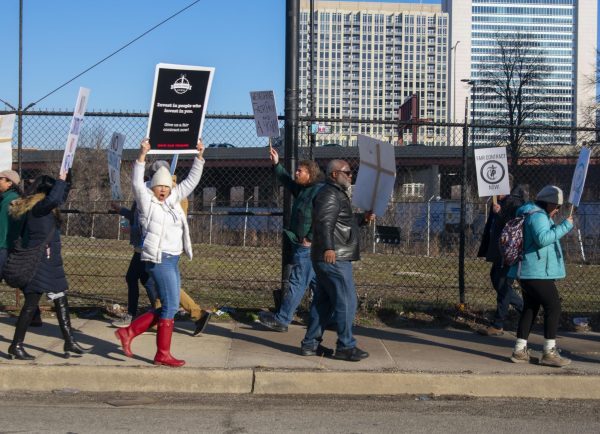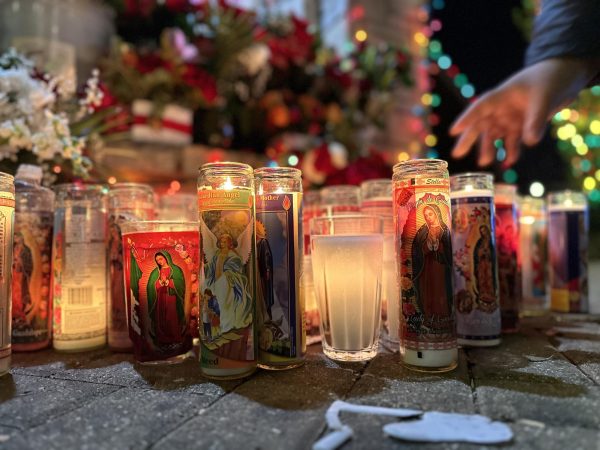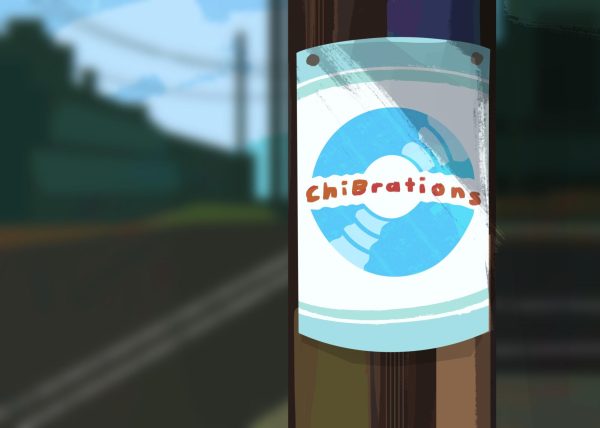Wastewater Olympics no laughing matter
October 27, 2008
The stakes were high as Ed Staudacher shouted rehearsed strategies at the Windy City Wizards from the sidelines. The team checked the oil, secured the vacuum system and eventually hooked the pump up to a simulated pipe rupture. A few feet away, the TRA CReWSers were racing against the clock to save a 110-pound dummy from a simulated well.
It sounds a little unrealistic, in the sense that most people have no idea what an Operations Challenge is, and why teams of four, mostly middle-aged water sanitation workers are racing back and forth to rescue dummies, cut pipes and take water samples.
But this annual competition is not to be taken lightly.
“This is basically the Olympics of our field, and it’s incredibly exciting,” said Jeanette Brown, vice president of the Water Environment Federation (WEF).
At McCormick Place, 2301 S. Lake Shore Drive, teams from across the nation, Canada and a squad from Argentina, geared up for this year’s Oct. 20 challenge. The first day required competitors to take a written exam with questions about safety and lab procedures, as well as a laboratory competition.
The following morning, however, the teams dropped their pens and strutted their stuff in the physical part of the competition.
On a $16,000 yellow metal platform, teams waited for the safety test to begin. The four members had to drop into a tight space, as sanitation workers often have to when dealing with manholes, and save a life-like dummy.
As sweat dripped down the sides of his face, Phil Wysocki, a Chicago water sanitation worker, pulled off his embellished hard hat, with “Windy City Wizards” emblazoned over wave designs on the back. Wysocki and his fellow teammates had just completed the maintenance challenge and kept high hopes of scoring big at this year’s competition.
As Staudacher pulled the team aside and reviewed their performance, Wysoki listened closely to strategize for the next contest.
“We practice all year round, and there is a pride factor there if we win,” Wysocki said.
Vice chair of the Operations Challenge committee, Cordell Samuels, said this competition gives winners the chance to show off to their bosses.
“It’s like little ants running with a parcel back to their communities,” Samuels said.
The parcel Samuels refers to is the uniquely structured trophies displayed at the entrance of the competition. The trophies look like regular awards, but instead of a golden cup or man swinging a bat on top, they are adorned with plastic human heads, biological oxygen demand laboratory bottles, chrome-plated suction screens and collection system pipes, representing the different areas in which to win.
The challenge is part of the annual WEFTEC conference that addresses water sanitization and tackles some of the emerging issues with the cleanliness of water. The competition is a step that tests the diverse skills required for the operation and maintenance of wastewater treatment facilities, collection systems and laboratories.
A current issue discussed at the WEFTEC conference is the abundance of pharmaceuticals that are found in water samples nationwide. Beach closures, a problem many Chicago residents face, were also on the forefront of topics.
The challenge, to many, seems like a good time and a fun activity, but it is most definitely a serious matter.
“This competition has all of the elements that a person would go through when working their day-to-day jobs,” said Jeff Pratt, chair of the Operations Challenge Board and designer of the safety challenge.
The competition was broken down into two divisions based on success in past years. Division One teams are generally better funded, but if Division Two teams score within the top three, they can be asked to jump up to the top division, said Steve Harrison, project manager of WEF.
The TRA CReWSers from the Water Environment Association of Texas won first place in Division One and Terminal Velocity from the Virginia Water Environment Association claimed the title in Division Two.
As for the Windy City Wizards, they scored 12 out of 31 Division Two teams. But, there’s always next year. The Wizards plan to make the competition an annual appearance and continue to train and work for a trophy.
“This is the best training program we have for operators and hope that it will continue to improve water sanitation nationwide,” Harrison said.




